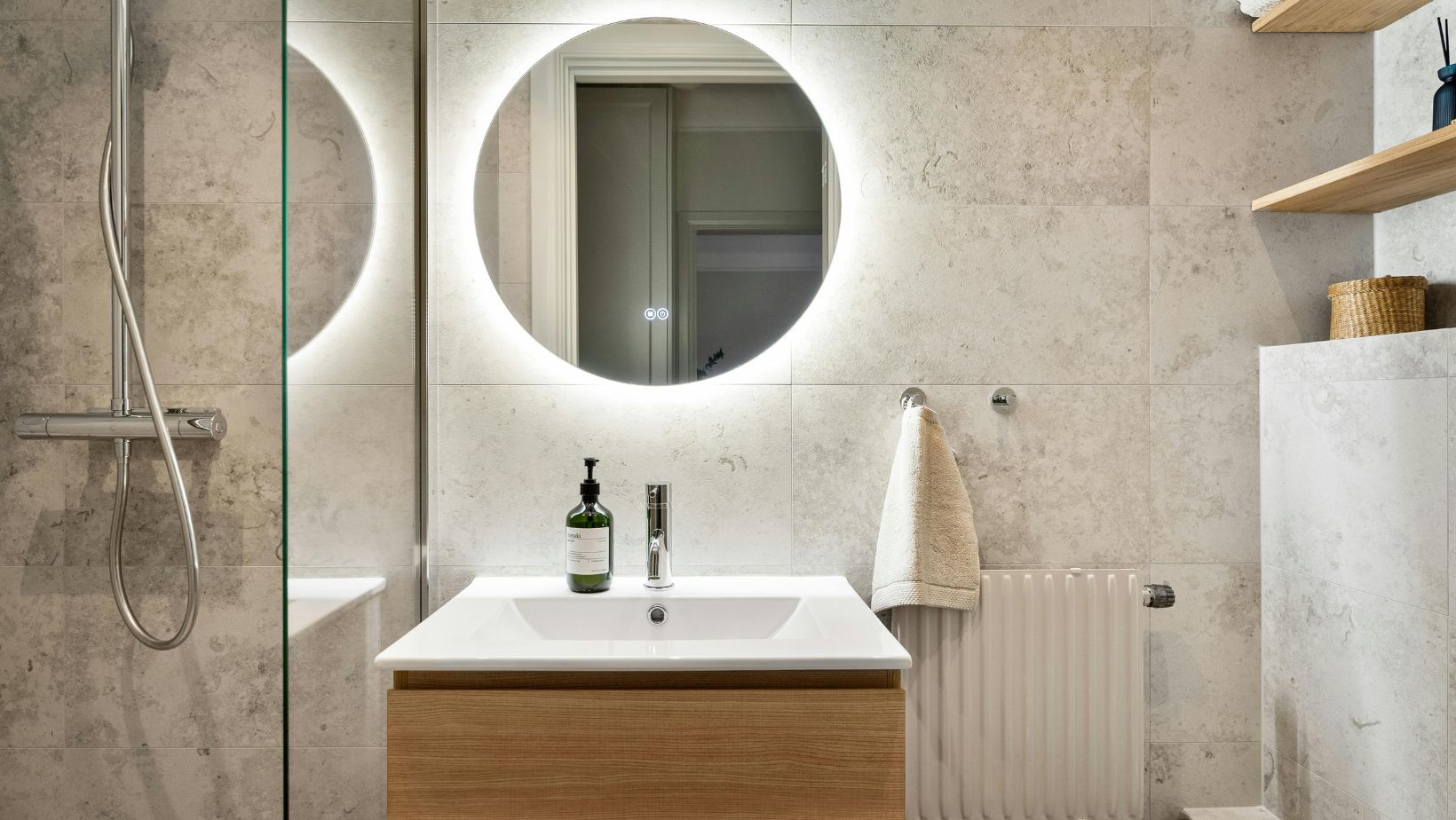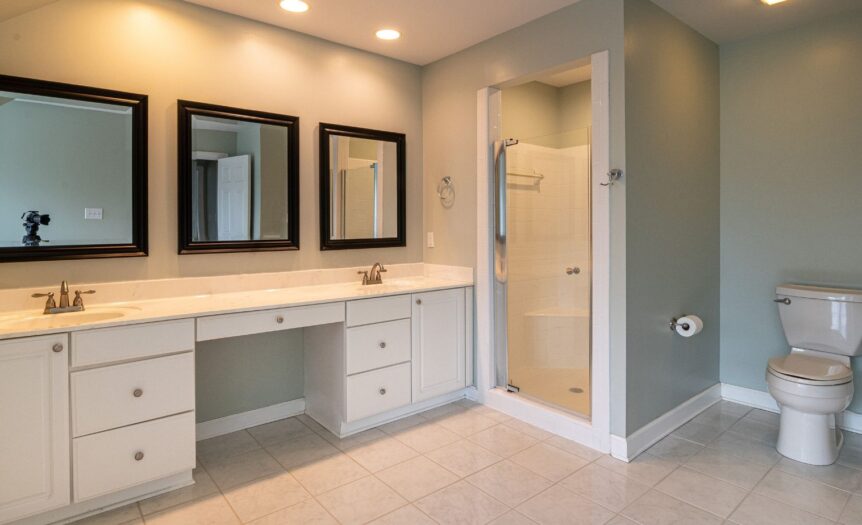A bathroom sink is often the unsung hero of our daily routines, aiding in everything from teeth brushing to skincare. However, like any fixture in our homes, it requires proper maintenance. Clogs can lead to inconvenient mishaps and costly repairs, making it crucial to adopt some preventive measures. In this piece, we will explore effective ways to keep your bathroom sink in pristine condition while delving into how to tackle minor issues before they become significant headaches.
Understanding Why Clogs Occur
Clogs can arise due to numerous factors, such as hair, soap scum, toothpaste remnants, or even foreign objects inadvertently dropped. When these substances build up over time, they restrict water flow, leading to a blocked sink. Recognising the signs of a developing issue can make all the difference. For example, if you notice:
• Slow draining water
• Unpleasant odours
• Gurgling sounds when the tap is running
These could be early indicators that your sink needs some attention. Ignoring these signs can escalate the problem, necessitating professional intervention.
For more severe cases, seeking out expert solutions for slow or clogged sinks can provide you with tailored advice and services that address the underlying issues effectively.
Routine Maintenance Practices
Daily Habits
Implementing a few daily habits can significantly extend the lifespan of your sink. Consider the following:
• Rinse After Use: Always rinse the sink after brushing your teeth or washing your face. This helps to prevent soap and toothpaste residue from building up.
• Use a Catcher: Invest in a sink strainer to catch hair and other debris before they go down the drain.
Weekly Checks
Regular inspections can help you spot potential issues before they develop into bigger problems. Here’s how to keep an eye on your sink:
• Visual Inspection: Take a moment each week to look underneath the sink for any signs of leaks or corrosion.
• Check the Faucet: A dripping faucet can lead to water pooling in unexpected places, causing damage.

Monthly Deep Cleaning
Beyond routine duties, a more thorough cleaning each month can combat the buildup of grime that often leads to clogs. Here’s a step-by-step approach:
1 Clear the Drain: Remove and clean any visible debris. If your stopper has build-up, take the time to clean this out thoroughly.
2 Apply a Cleaning Solution: Use a mixture of vinegar and baking soda poured down the drain to break down grease and soap residues. Allow it to sit for 15-30 minutes, followed by hot water to flush the system.
3 Scrub Fixtures: Don’t forget to clean the outside of the sink and fixtures. A mix of warm water and dish soap works well, maintaining a clean appearance and helping to prevent lingering odours.
Recognising When to Call for Help
Despite your best efforts, issues can still arise. Knowing when to call in professionals is an essential skill. Look for the following signs:
• Persistent slow-draining water
• Frequent clogging that requires clearing
• Unusual noises, such as gurgling sounds from the drain
These symptoms could indicate a larger problem lurking in the pipes, possibly requiring expert attention. In these cases, calling qualified plumbers can save you time and money in the long run.
Eco-Friendly Solutions for Addressing Clogs
If you’re keen on maintaining an eco-friendly home, there are plenty of natural remedies for clogged sinks. Here are some alternative solutions that you can try:
1 Salt and Baking Soda: For a less caustic approach, pour half a cup each of both down the drain followed by hot water. This mixture can help dissolve some blockages without harmful chemicals.
2 Waste Disposal: If you must dispose of any food or debris, remember to use your waste disposal unit efficiently. Ensure that your disposal unit is working correctly and clean it regularly to prevent clogs in the plumbing.
3 Essential Oils: Adding a few drops of essential oils not only fights bad odours but some scents, like tea tree or peppermint, can help keep bacteria at bay.
Final Thoughts
Maintaining your bathroom sink doesn’t have to be laborious. By adopting some of these straightforward habits and remedies, you can often keep clogs at bay and ensure your sink remains a reliable part of your home.
These preventive measures, combined with a little knowledge, can save you from the frustration and costs of severe plumbing issues. Remember, a proactive approach can help you enjoy a smoothly running bathroom sink—because a little effort today can prevent a big mess tomorrow.



